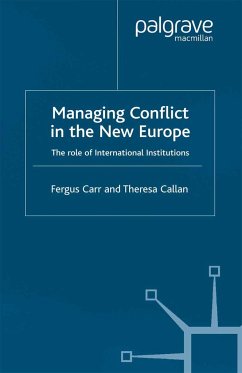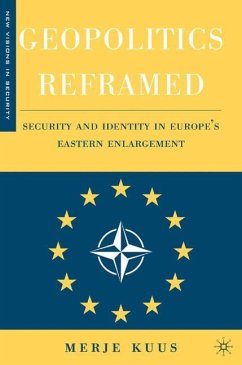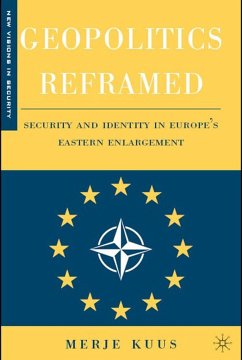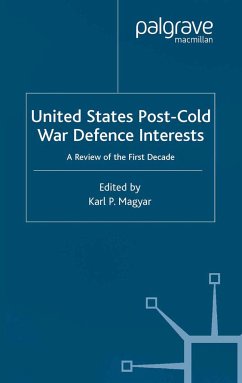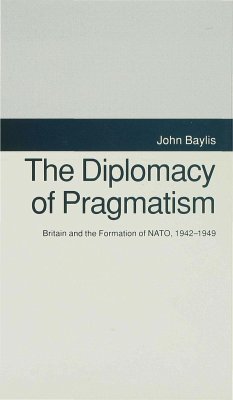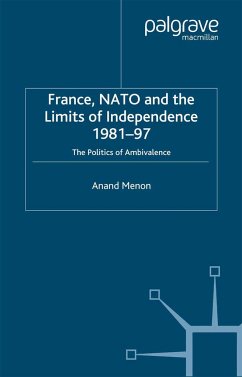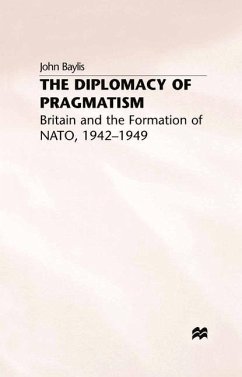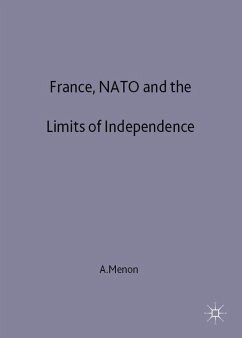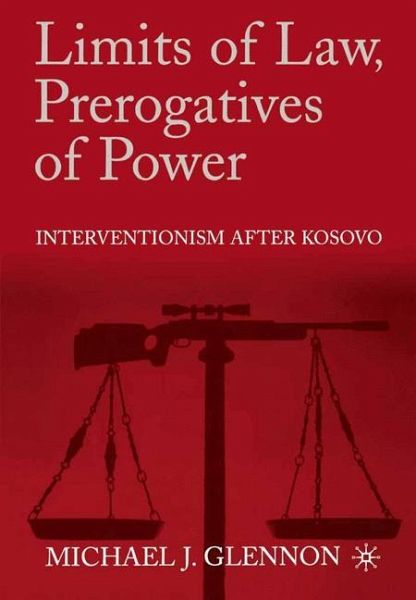
Limits of Law, Prerogatives of Power
Interventionism after Kosovo

PAYBACK Punkte
19 °P sammeln!
NATO's bombing of Yugoslavia was justified. NATO violated the United Nations Charter - but nations have used armed force so often that the ban on non-defensive use of force has been cast into doubt. Dangerous cracks in the international legal order have surfaced - widened, ironically, by the UN Security Council itself, which has ridden roughshod over the Charter's ban on intervention. Yet nations remain hopelessly divided on what the rules should be. An unplanned geopolitical order has thus emerged - posing serious dilemmas for American policy-makers in a world where intervention will be judge...
NATO's bombing of Yugoslavia was justified. NATO violated the United Nations Charter - but nations have used armed force so often that the ban on non-defensive use of force has been cast into doubt. Dangerous cracks in the international legal order have surfaced - widened, ironically, by the UN Security Council itself, which has ridden roughshod over the Charter's ban on intervention. Yet nations remain hopelessly divided on what the rules should be. An unplanned geopolitical order has thus emerged - posing serious dilemmas for American policy-makers in a world where intervention will be judged more by wisdom than by law.





